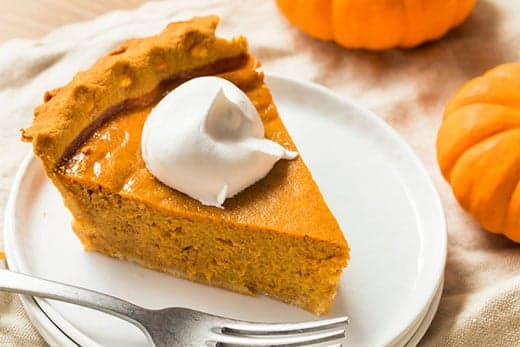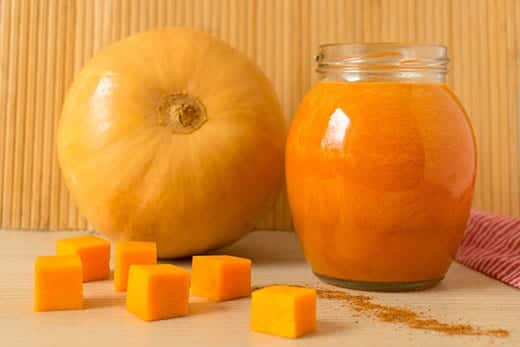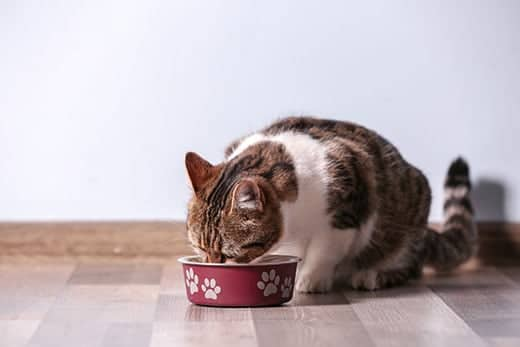
-
Find the right food for your pet
Take this quiz to see which food may be the best for your furry friend.
Find the right food for your pet
Take this quiz to see which food may be the best for your furry friend.
Featured products
 Adult Perfect Weight & Joint Support Chicken Recipe Dry Dog Food
Adult Perfect Weight & Joint Support Chicken Recipe Dry Dog FoodThis weight management and mobility support dog food was created with Hill’s unique understanding of the biology of overweight dogs.
Shop Now Adult 7+ Perfect Digestion Chicken, Whole Oats & Brown Rice Recipe Dog Food
Adult 7+ Perfect Digestion Chicken, Whole Oats & Brown Rice Recipe Dog FoodScience Diet's breakthrough nutrition supports ultimate digestive well-being & healthy microbiome for dogs age 7+
Shop Now Adult 7+ No Corn, Wheat, Soy Chicken & Brown Rice Dog Food
Adult 7+ No Corn, Wheat, Soy Chicken & Brown Rice Dog FoodSupports energy level and beautiful coat in mature dogs
Shop NowFeatured products
 Adult Savory Chicken Entrée Cat Food
Adult Savory Chicken Entrée Cat FoodPrecisely balanced nutrition with the delicious taste of savory minced chicken to help fuel the energy needs of cats during the prime of their life
Shop Now Adult Perfect Digestion Chicken, Barley & Whole Oats Recipe Cat Food
Adult Perfect Digestion Chicken, Barley & Whole Oats Recipe Cat FoodScience Diet's breakthrough nutrition supports ultimate digestive well-being & healthy microbiome
Shop Now Perfect Weight Salmon & Vegetable Canned Cat Food
Perfect Weight Salmon & Vegetable Canned Cat FoodOver 70% of cats lost weight within 10 weeks when fed this nutrition
Shop Now -
Dog
- Dog Tips & Articles
-
Health Category
- Weight
- Food & Environmental Sensitivities
- Urinary
- Digestive
- Joint
- Kidney
-
Life Stage
- Puppy Nutrition
- Adult Nutrition
- Senior Nutrition
Cat
- Cat Tips & Articles
-
Health Category
- Weight
- Skin & Food Sensitivities
- Urinary
- Digestive
- Kidney
-
Life Stage
- Kitten Nutrition
- Adult Nutrition
Featured articles
 Water
WaterDiscover why water is the most important nutrient for your dog or cat to live a healthy life. Find out how much water your pet should consume each day.
Read More Pet Food Storage Tips
Pet Food Storage TipsDiscover how and where to store your dry, as well as canned, dog and cat food. Learn how to find the "best before" dates on all Hill's pet food packaging.
Read More The Incredible Science Behind Your Pet's Microbiome
The Incredible Science Behind Your Pet's MicrobiomeLearn what a pet's microbiome is, how it contributes to your pet's gut & overall health, and why nutrition is important in maintaining healthy microbiomes.
Read More -
Find the right food for your pet
Find the right food for your pet


Curious cats like to try everything! But can cats eat pumpkin? If your favorite feline friend is inquisitive about your morning sprinkle of pumpkin granola on yogurt or holiday baking projects, have no fear. Pumpkin is safe for cats. But there's a little more to know about this popular squash and how it can be enjoyed safely by your pet.
Let's learn which types of pumpkin products to keep safely tucked away in your kitchen, how to offer pumpkin to your cat and how this squash might benefit their health.
Can Cats Have Pumpkin?
Those sugary slices of pumpkin pie, seasonal lattes or spiced pumpkin bars are delicious for us humans, but they aren't a good treat for cats. While cats can digest pumpkin, the excess sugars, fats, and spices found in pumpkin desserts and drinks are not healthy them.
The Pet Poison Helpline explains that if your cat gets into the container of ground cinnamon or licks at a bottle of cinnamon essential oil or extract used to flavor your pumpkin treats, they may experience any of the following:
- Vomiting
- Diarrhea
- Lowered blood sugar levels
- Mouth and lung irritation
- Heart or liver issues
Nutmeg, ginger, cloves and allspice are no better — be sure to keep these spices away from your cat as well.
Can cats eat pumpkin? Yes! The pumpkin that's safe for cats is plain, cooked pumpkin. You can find it canned, or bake a fresh squash in your oven. If you go the canned route, be sure you're not choosing pumpkin pie filling as it's often seasoned. You want plain canned pumpkin, often packed with water.
The Health Benefits of Pumpkin
Veggies are good for you and your pet! Pumpkin is filled with fiber, water, potassium, phosphorus, calcium, and ample minerals and vitamins including A, C and K, according to the Animal Emergency & Referral Center of Minnesota. The orange-colored squash is also low in calories.
The fiber in pumpkin can both reduce excess moisture in your pet's digestive tract and add bulk to stools, helping to remedy diarrhea. The water in pumpkin also helps to alleviate constipation. The secret: moderation and portion control. Too much pumpkin may trigger loose stools.


Tasty Tips
Feeding Your Cat a Balanced Meal Plan
If you discover your cat craves a spoonful of the colorful vegetable, just remember it's a treat, not a meal. Try freezing the squash in small ice cube trays to create a frosty occasional snack. Or, add a dollop of cooked pumpkin to the top of their kibble as a meal-time appetizer. Then, monitor your pet. If your cat is having tummy issues such as flatulence, rumbles or issues defecating, it's best to skip the pumpkin. On the other hand, if pumpkin seems to alleviate irregular bowel movements, make pumpkin part of routine feedings. Can cats have pumpkin daily? If your pet seems to benefit from it, the answer is yes!
Although they may beg for them, cats can't live on treats alone! They require the properly balanced nutrition of a high-quality cat food. A few pet foods contain pumpkin, which might mean your squash-loving cat will find them extra delicious! Ask your veterinarian if a food product containing pumpkin might be beneficial for your pet.
We all love spoiling our furry friends, but sharing a spiced or sweetened pumpkin treat isn't the best option. Instead, try a playful cat treat-toy combo, like a ball filled with crunchy morsels that fall out as your pet plays. Or, if your cat is crazy for pumpkin, make it a special indulgence during your Friday night snuggle fest. Buying a can of plain pumpkin is a great treat to share with your cat and a lovely excuse to make a pumpkin smoothie for yourself!


Angela Tague is a pet mom and writer living in the Midwest. When she's not making a mess in the kitchen, exploring nature trails with her dog, or attending a yoga workshop, she's writing full-time for multiple lifestyle and technology brands. You can find her on Twitter and LinkedIn @AngelaTague.
Related products

Over 70% of cats lost weight within 10 weeks when fed this nutrition

Science Diet's breakthrough nutrition supports ultimate digestive well-being & healthy microbiome

Feline Adult Perfect Weight Variety Pack

Precisely balanced nutrition with the delicious taste of savory minced chicken to help fuel the energy needs of cats during the prime of their life
Related articles

How do you get a cat to lose weight? Learn all about cat foods for weight loss, including how to choose weight control cat food and exercise tips.

Discover which cat toys games your feline friend might like, and how they are great sources of exercise. Explore our library of articles to learn more.

Discover how to identify cat sensitive skin and what you can do to help your cat thrive from head to paw.

Discover the benefits of Hill's line of kitten foods and how they provide complete and balance nutrition for growing kittens.

Put your cat on a diet without them knowing
Our low calorie formula helps you control your cat's weight. It's packed with high-quality protein for building lean muscles, and made with purposeful ingredients for a flavorful, nutritious meal. Clinically proven antioxidants, Vitamin C+E, help promote a healthy immune system.
Put your cat on a diet without them knowing
Our low calorie formula helps you control your cat's weight. It's packed with high-quality protein for building lean muscles, and made with purposeful ingredients for a flavorful, nutritious meal. Clinically proven antioxidants, Vitamin C+E, help promote a healthy immune system.




